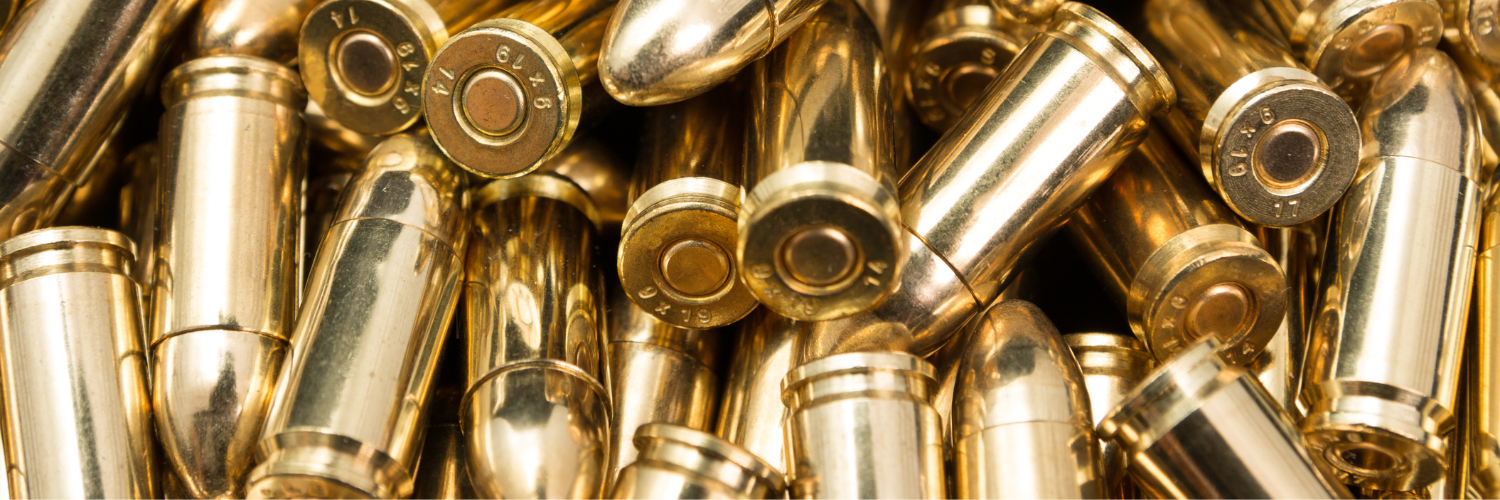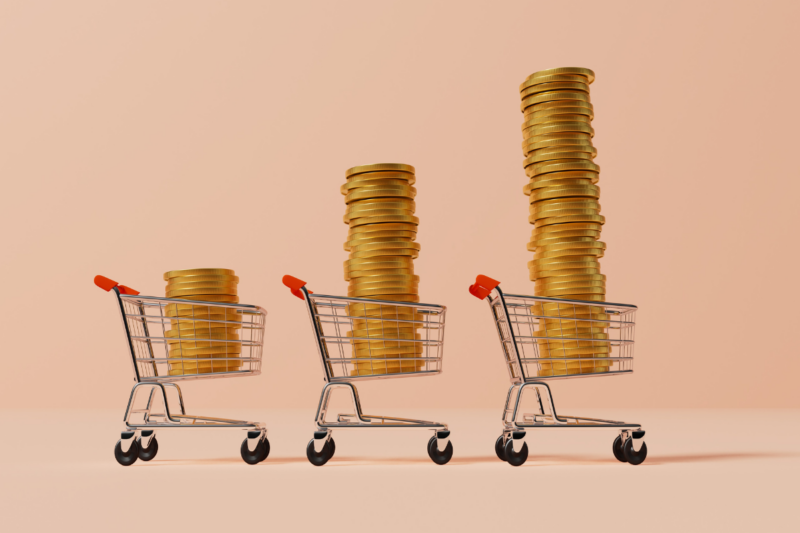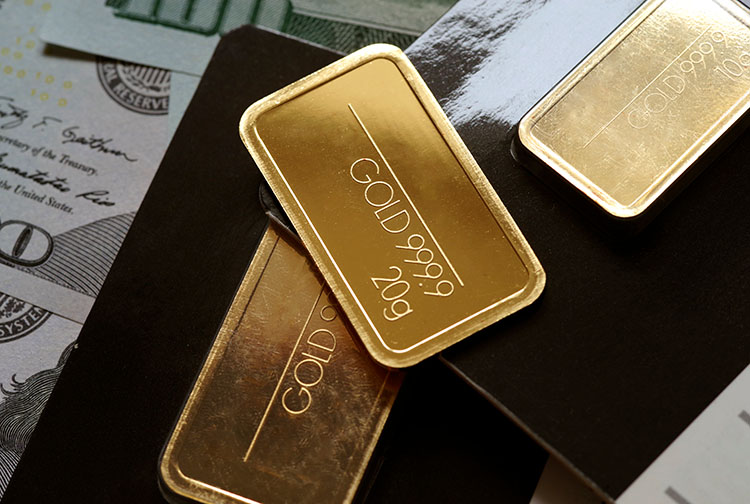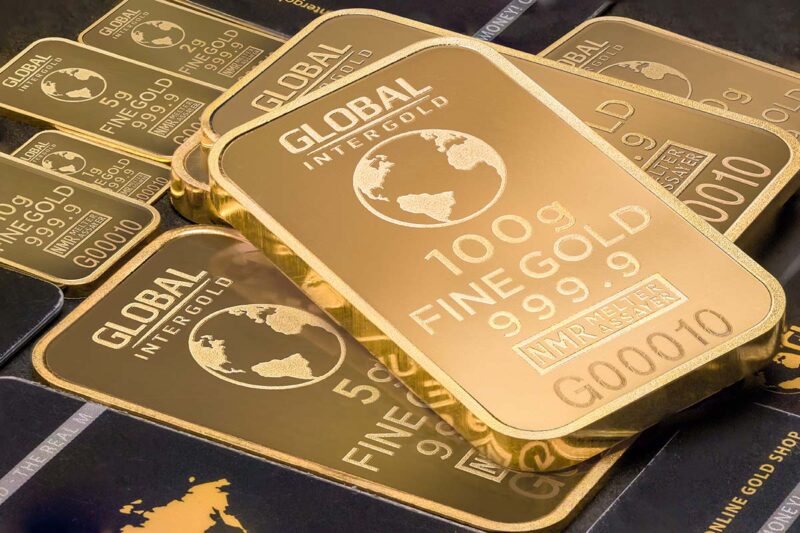

The impact of wars on gold prices
The price of gold soared in response to the ongoing armed conflict between Israel and Palestine. This is a similar rebound in value to the one experienced at the outbreak of the war in Ukraine. Are geopolitical tensions a good indicator of the future prices of the precious metal?
It is no secret that gold tends to rise in value in the face of war, geopolitical tensions, or financial crises. Historically, this precious metal has been considered a safe-haven asset for investors precisely because it maintains or increases its value, compared to other financial assets, during periods of stock market uncertainty.
That said, just as, depending on various parameters, in times of stable economic growth, traditional investments in equities and bonds may offer higher profit potential, the relationship between geopolitical tensions and the price of the golden metal is also multifaceted.
The complex interplay between gold supply and demand rarely responds to a single trigger but is driven by several factors: economic sanctions, access to the oil market or the fluctuating value of the dollar are just some of the indicators associated with economic turbulence directly related to the upward movement of gold prices that often precede or are amplified by armed conflict.
Gold prices in the current geopolitical context
Since the armed conflict unleashed between Israel and Palestine on 7 October, the price of gold has risen by more than 10%, reaching a high above 1,900 euros per ounce, which has compensated for the losses that had occurred since the highs of May.
This rise in the price of gold is driven not so much by the armed conflict between these two actors, but by the possible ramifications if other countries in the region and the West become involved. While Lebanon, through Hezbollah, warned of possible retaliation unless the massacre in Gaza was stopped, Israel intensified its bombings in Syria, and the United States sent two aircraft carrier groups to the region, at the same time it was pointing to Iran as the trigger for the conflict.
The duration and escalation of war in the Middle East can directly influence the distribution and price of oil, creating the perfect storm for gold to rise in value. Even so, the rebound in the value of gold resulting from this Palestinian-Israeli conflict may only be short-term, as has been seen in the past.
As for the war in Ukraine, the boost to gold prices came mainly as a result of economic sanctions against Russia, which drove up the prices of hydrocarbons and other commodities, fuelling inflation that has devastated European economies. As well as the acceleration in the process of de-dollarisation of countries that want to shield their economies from Western sanctions.
Historical precedents have taught us that the rise in gold prices in the face of armed conflict often responds to the perceived risk to stock markets and governments, and while wars are an important factor, geopolitics is not an exact science. Discerning what represents an element of temporary noise or a real and significant impact on the economy and financial markets over time requires a deeper analysis of the background of these conflicts. However, we should remember that in the worst-case scenario, gold helps to diversify our portfolio, reducing the risk of losses and protecting our savings over the long term.
Protect yourself from economic crises with the ultimate safe-haven asset: gold. If you want your savings to keep or increase their value, Gold Patrimony.
Leave a Reply
You must be logged in to post a comment.





Merci per l’article
Gràcies a tu, Manel, tots junts anem fent cada vegada més gran aquest projecte d’11Onze, que ja és una realitat, i moltes gràcies pel teu comentari.
Gràcies per l’editorial
Gràcies a tu, Miquel, per ser-hi i per seguir-nos!!!
Gràcies
Gràcies a tu, Joan!!!